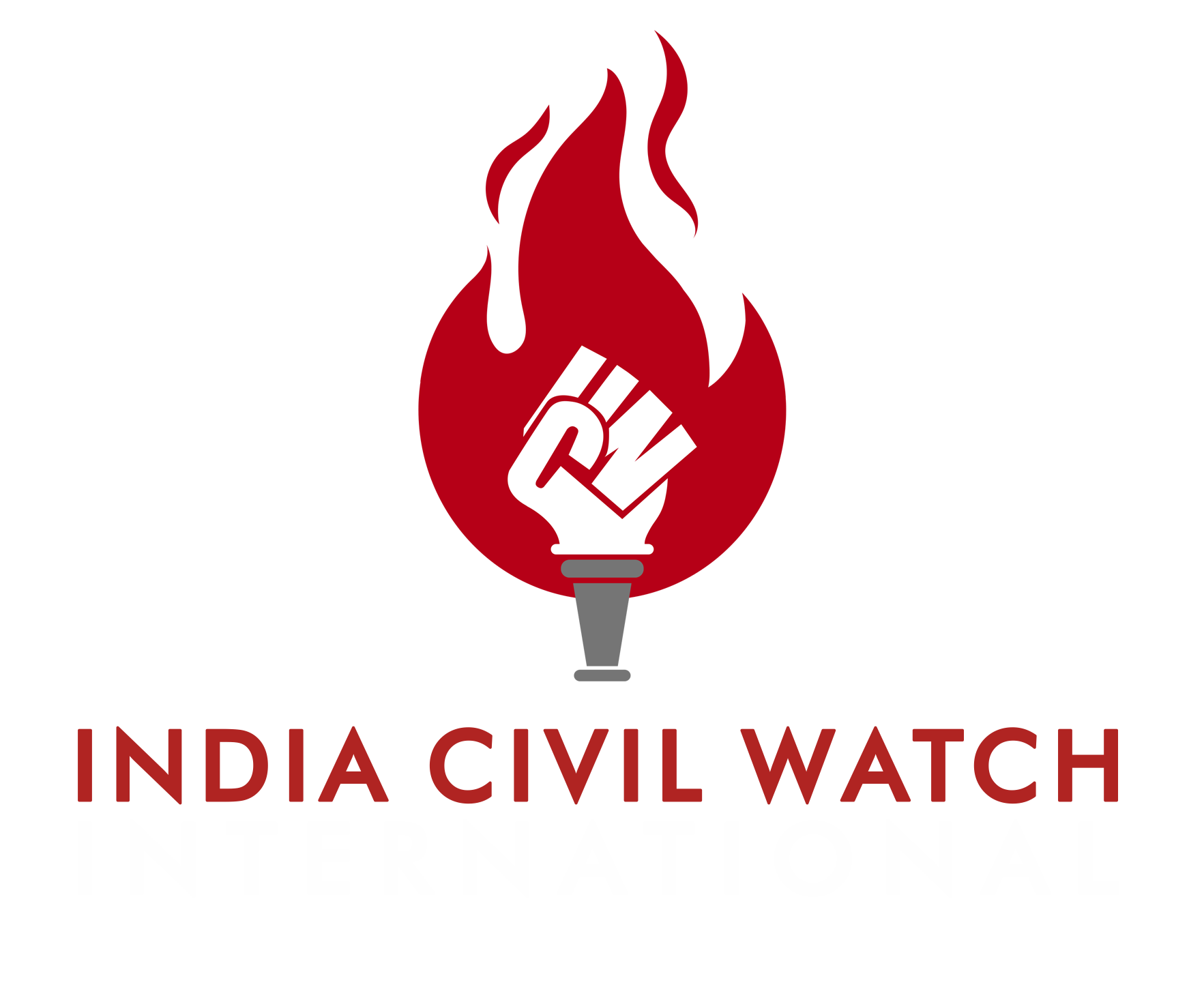The Bhima Koregaon 16
The Bhima Koregaon Case
The Unlawful Activities Prevention Act (UAPA)
The Political Significance of the Bhima Koregaon Case
UNLAWFUL ACTIVITIES PREVENTION ACT (UAPA)
The draconian ‘Unlawful Activities Prevention Act’ (UAPA) is India’s foremost “anti-terror” law. Enacted in 1967, it was amended in 2004 to incorporate elements of the Prevention of Terrorism Act (POTA) which was repealed in response to widespread public opposition. Further amendments were made in 2008 and 2012 to make the UAPA even more repressive. The law allows the government to arrest citizens for crimes they might possibly commit in the future. Those arrested under the UAPA can be incarcerated for up to180 days without charges being filed.
UAPA criminalizes the holding of particular opinions, or even the mere possession of literature that might possibly cause “disaffection” with the state. UAPA also criminalizes various forms of non-violent political activity, including political protest. UAPA’s definition of “terrorist activity” is so broad as to be vague and includes activities that are legitimate and essential to the work of human rights defenders.
The UAPA allows the government to bypass constitutionally guaranteed civil liberties and fundamental rights that protect citizens from abuses of state power, such as the presumption of innocence, provision of bail or anticipatory bail, protection from warrantless search, seizure and arrest of individuals, time limits on detention by the police, requirements that the state must file a charge sheet within a specified time, etc. Accounts by those incarcerated under UAPA reveal that neglect, mistreatment, and torture are common, including the use of solitary confinement even during pre-trial police custody.
UAPA authorizes the creation of special courts with the ability to use secret witnesses and to hold closed-door hearings. A Supreme Court judgement in April 2019 further tightened UAPA by making it impossible to apply for bail on grounds of the inadmissibility of the evidence. It ruled that the courts could not examine what is admissible and what isn’t at the stage of granting bail. That can only be done at the stage of trial. Thus the quality of the evidence is of no consequence until the trial itself, and anyone arrested under the UAPA can be held indefinitely until the trial.
International human rights organizations such as Amnesty International have argued that UAPA violates international human rights treaties and have raised alarm bells over its “sweeping definitions of ‘membership’ of organizations,” specifically referring to the 2012 amendment to UAPA’s Section 2 which criminalizes the right to form associations by expanding the definition of person to include “an association of persons or body of individuals, whether incorporated or not.” Human Rights Watch has issued multiple reports about the politically motivated use of UAPA and its use to crack down on dissent.
The National Investigation Agency (NIA)
The BK case is being investigated by the National Investigation Agency(NIA). The NIA was established by an Act of Parliament in 2008 as a counter-terrorist task force and is empowered to deal with terror related crimes across states without special permission from the states. The BJP was in power in the state of Maharashtra in 2018, and the investigation was initially conducted by the Maharashtra police.
When a non-BJP government came to power in Maharashtra state in November 2019, it raised doubts about the police investigation and signaled a probe against the officials leading it. In response, in February 2020, the case was transferred by India’s Home Minister to the National Investigation Agency (NIA), thus making sure it remained under the direction of the BJP government at the center. The current Chief of the NIA, Mr. Y.C. Modi, appointed in October 2017, has been central to at least two previous highly controversial investigations that resulted in absolving Prime Minister Modi (when he was Chief Minister of the state of Gujarat) and his associates in cases related to the 2002 pogrom against Muslims in Gujarat.
